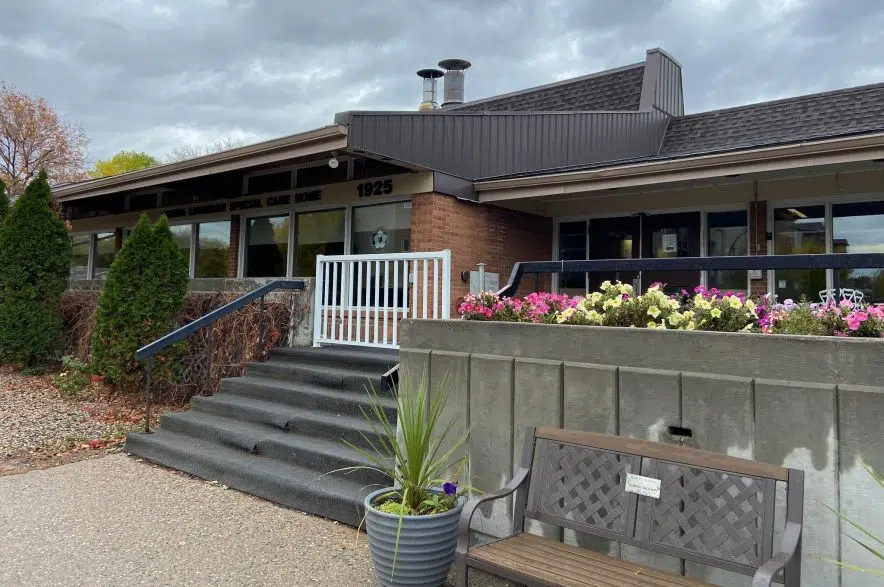CUPE is joining the call to keep the doors of a Regina long-term care home open.
Last Monday, Eden Care Communities (ECC) announced it will close Regina Lutheran Home (RLH). The Saskatchewan Health Authority (SHA) decided it will not take over the facility.
Now, 62 elderly residents and over 100 staff have many questions about what’s next.
Darlene Gilewich has worked as a continuing care assistant at the RLH for nearly 40 years. She is also the first regional vice-president of CUPE Local 5430 Region 3.
She said uprooting the elders’ lives will be devastating.
“Change at this age is very difficult. Moving a resident at this stage of life and changing routines is very stressful and often results in regression,” she said.
Staff worry about where the former residents will go.
“It’s sad to see them go. Some people we’ve looked after for years. You make those bonds for them,” she said.
“Some of those residents don’t have families, and we are their families.”
CUPE is fighting to keep the home open as the dire need for long-term care beds in Regina and across the province grows.
A news release from CUPE said the Conference Board of Canada estimates that Saskatchewan will require an additional 4,648 long-term care beds by 2035 to keep up with changing demographics. Despite this need, long-term care beds in Saskatchewan have dropped from 9,240 in 2001 to 8,517 in 2018. Since then, even more beds have closed, including 180 at Regina Pioneer Village.
“The waiting list is long. Those beds are filled the next day after they’re emptied,” said Gilewich.
She sees this issue as a professional, but also as a family member.
Gilewich has a family member living in a long-term care home right now. Before that, he lived with her family for a year before finally getting a bed.
She said this closure will send a ripple effect throughout the industry.
It will cause issues for families trying to find a home for their loved ones. It will cause anxiety about job security for those working in care homes.
She said CUPE has received many phone calls from other facilities about how this closure will affect them.
“When you bump one person, that bumping stream can go on for a long time. It’s a domino effect,” she said.
The outcome CUPE is hoping for is the SHA taking over the building and continuing long-term care.
She acknowledges that the building is older and needs renovations. But she doesn’t think it’s any worse than other Extendicare buildings.
She said RLH is a unique facility with a tight-knit community focus.
The building is smaller and features a home-like dining room and a large grass area for members to enjoy.
She said elders don’t get that same experience in other facilities, like large towers.
“We are losing this quaintness and superb care that you get in public-funded long-term care,” she said.
Reason for closure
RLH is owned by Eden Care Communities. Its CEO, Bill Pratt said the closure is due to a shift in services.
“We had to look at all our operations and decide where can we best fit in and what makes the most sense. The pandemic shone a spotlight on a lot of things. We made the decision that we’re going to shift our focus toward affordable and low-income housing for people living with disabilities, seniors and other individuals,” said Pratt.
It made this decision about the closure in April, that’s when ECC informed the SHA. This gave the SHA a year to prepare.
The SHA informed RLH last week that it will begin moving residents to other locations as beds become available.
“They’re coordinating and managing that move. They’ll work with the families to get it all sorted,” said Pratt.
As for staff, Pratt said most of them are represented by unions like CUPE and Saskatchewan Union of Nurses (SUN).
“That’s the good thing about unions. When things like this happen, there are processes in place,” he said.
He is unsure of how this closure will impact other long-term care facilities.
“I’m hoping that we are maybe a one-off and this is not the start of others doing the same thing,” said Pratt.
The SHA said in a statement it decided not to purchase the property because the building is at the end of its lifespan. It said their priority is to transition residents to other beds in Regina.











